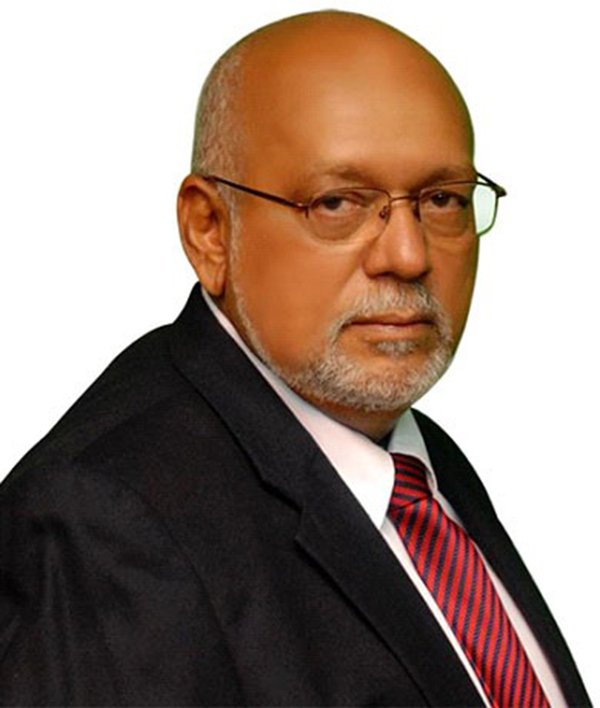The current ideological leanings of the People’s Progressive Party are “not extremely clear” but it is definitely no longer Marxist/Leninist. This is according to long-serving General Secretary and former President, Donald Ramotar.
Speaking with Stabroek News on the issue, Ramotar, who managed the party’s affairs from 1997 to 2013, explained that during his tenure Central Committee reports and reports to the Central Committee were written through the Marxist lens but the policies implemented over that period and those currently being implemented are definitely more social democratic.
“We used Marxist methods for the analysis of political and social situations [during my tenure but] I don’t think that is happening at the moment,” he noted.
Ramotar was at the time providing a response to the contention by commentator and former long-serving PPP executive member Ralph Ramkarran that the 71-year-old PPP/C has discarded Marxism-Leninism in favour of a more progressive/social democratic political spectrum.
In his column published in the August 22 edition of Sunday Stabroek, Ramkarran contends that the decades-long era of Marxist influence within the PPP has come to an end. In fact he argued that since 1992 and even more so after the death of party founder Cheddi Jagan in 1997 the party has promulgated economic development rather than ideology.
“This current political/governmental programme, broadly reflects the ‘Principles and Bases of the Political, Economic and Social System’ of the Constitution, and should define the PPP’s ideology,” he argued.
Ramoutar has agreed with this assessment.
“You must admit that the government has a strong social policy. It strongly promotes education, is very strong on health care although I don’t think we always get value for money. The intention is there. Things like old-age pension and other social support programmes are promoted but fundamentally the economy is bourgeois,” he explained.
The former President stressed that many of the government’s policies are strongly supportive of the private sector.
“You don’t have to take my word for it, just look at any government statement there is quite a focus on the private sector. It is not what I say, this focus is very clear. There is a strong element of private sector support. They try to balance that with social programmes but we can’t deny the fact that there is a very strong private sector focus, so I’d have to agree with Ramkarran’s assessment,” he concluded.
Ramotar statements on the government’s social policy were echoed by his successor Clement Rohee who told Stabroek News that the PPP is a people-centred party.
“I don’t think the party is Marxist-Leninist,” he said while admitting that he hadn’t been able to figure out an ideology to associate with the party.
Rohee however expressed a willingness to embrace the progressive democratic definition since he argued that the party has been pursuing a national democratic path.
“In promoting democracy the party has moved more or less in that direction. There are lots of progressive elements there especially at the domestic level in terms of the social programmes. The philosophy of the party remains people-centred and national democratic. That’s how I would put it,” he stated, adding that social sector policy is always a good gauge of a government’s ideology.
Attempts to reach the current General Secretary of the PPP, Bharrat Jagdeo proved futile.
During the Cold War, the historic proclivity of the PPP towards Marxism/Leninism and its close relations with Cuba and the Soviet bloc had inspired US intervention to prevent the party from holding power. US financing of disruptive activities here in the 1960s was seen as pivotal to the formation of the PNC-UF government after the 1964 general elections. This was followed by a period of rigged elections from 1968 to 1985 which kept the party out of power until 1992.






